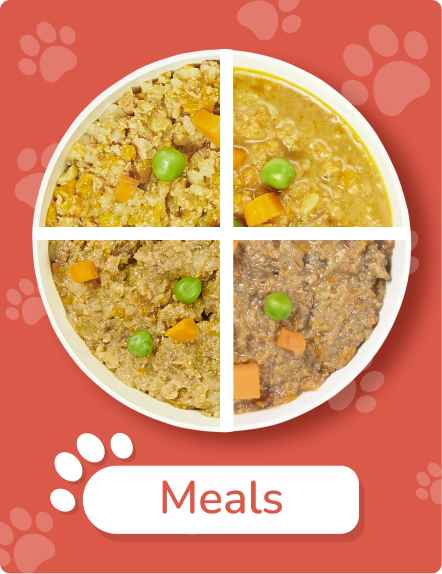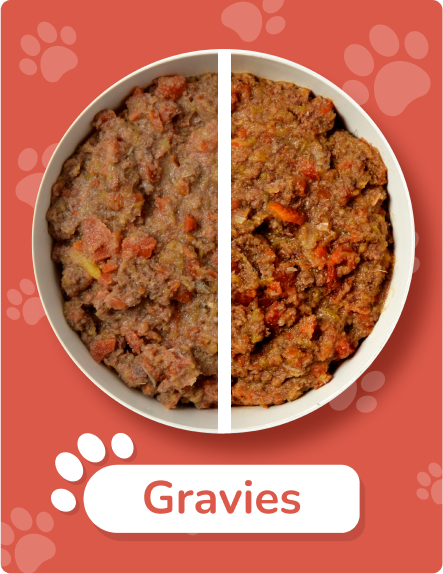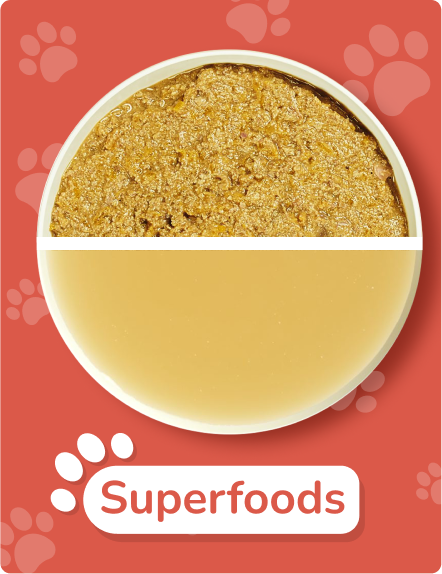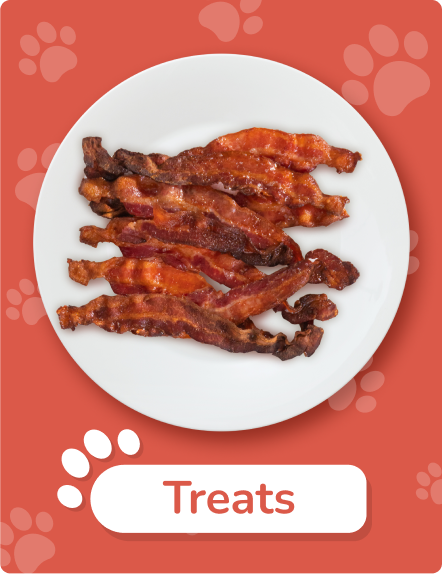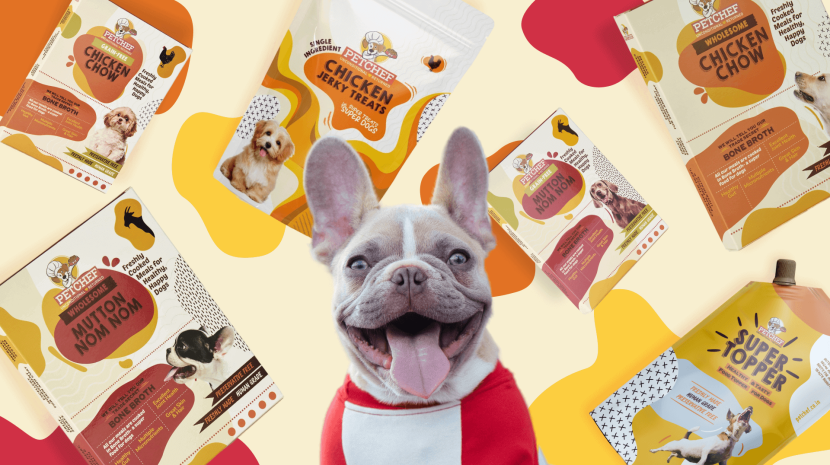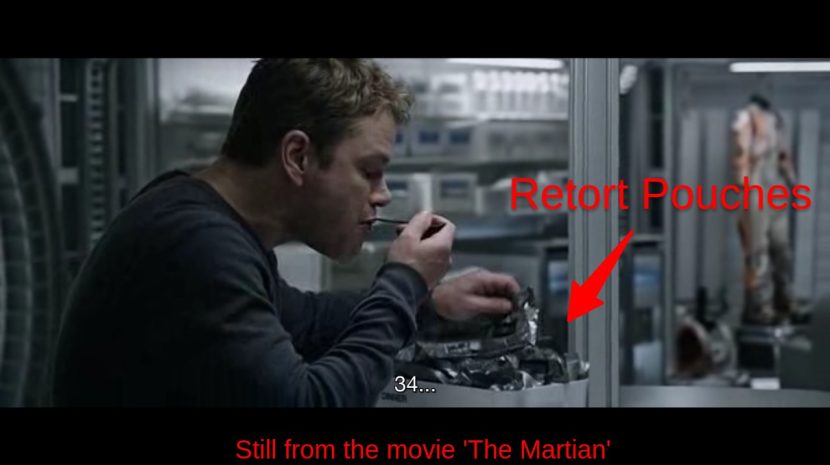It is a sad truth of canine life that once past the age of 6, many dogs (especially if they happen to be diabetic) develop what we humans do during our middle age: a clouding of the lenses or cataracts. Yes, seniority comes with its set of compromises as night vision may also be generally impaired in older dogs, making them hesitant to go out for night walks, unless you are careful to provide them with extra lighting that will greatly boost their fledging confidence. Contrarily, some dogs may become light-sensitive as they age, while battling a host of other problems that are bound to affect their eyesight in a manner both acute and chronic.
Some of the more serious conditions to watch out for in your pup’s eyes include:
- macular degeneration (the macula is the oval at the centre of the retina where vision is the sharpest)
- nuclear sclerosis (the clouding, hardening or yellowing of the nucleus of the lens)
- progressive retinal atrophy (a genetic condition that causes the slow but steady worsening of the retina)
- glaucoma (increased eye pressure blocking fluid drainage which damages the optic nerve and may lead to blindness)
- acute infections such as conjunctivitis or ‘pink eye’ (caused by bacteria or virus or allergic reactions to smoke, pollen, perfume, etc), and scratched corneas may also necessitate a visit to the vet and are not restricted only to senior dogs.
Along with these precautions, it is important to understand the role played by the free radicals that, over time, spoil the movie of life for your dog (pun intended).
Free radicals are born as a result of your furry baby’s normal metabolic activities. FRs are damaged cells missing a critical molecule that they try to steal from other wholesome cells, damaging healthy DNA in the process. Your pooch’s eyes have a particularly high metabolic rate, putting them under increased oxidative stress. This is compounded by the fact that eyes are the most exposed organs to the sun’s UV rays, making them the most susceptible to decay. Alongside this, a rise in physical and mental stress as well as a poor diet will directly affect a rise in FRs.
You read that right.
A good diet filled with nutrients especially responsible for immaculate eye health is as important as the premium diet (however you define it) you have placed your pup on to ensure its overall health. Far too often, we neglect taking care of the eyes in particular while doing all we can to provide them an all-round nourishment. Certainly, the latter is indispensible, but paying special attention to the special nutrients that ensure your special doggy’s eye care must be equally so.
So read on to find out more about what these nutrients may be and where should you look for them:
Lutein and Zeaxanthin: Known as ‘eye-vitamins,’ the natural sun-blockers, or our body’s self-manufactured sunscreen, these two yellow-coloured carotenoid antioxidants are mainly found in the macula and the retina. Also known as ‘macular pigments,’ they improve pigment density which protects macular cells by absorbing excess UV light and neutralizing free radicals. Greens like spinach, broccoli; orange-coloured pumpkin and red grapes along with yellow sweet corn all help in making our “our internal sunglasses” stay fit.
Beta-Carotene: Yet another carotenoid, beta-carotene is converted by the body into Vitamin A, and is a macula-friendly nutrient. Carrots derive their name from it. It is also rich in anti-aging and anti-acne ingredient that stimulates cellular regeneration, thus maintaining the structure and integrity as much of the eye as of the skin. Brimming (obviously) in carrots, beta-carotene is also found in yellow, orange and green (leafy) veggies, tomatoes, cucumbers, sweet potatoes, mangoes and papayas (with the seeds and skin removed).
Tip: The more intense the colour of the fruit or vegetable, the higher its BC content.
Vitamin A: Since the deficiency of this vitamin is the commonest cause of human blindness, its importance for canine eye health cannot be overestimated. This vitamin is necessary to protect the eyes’ light-sensing cells or photoreceptors without which no vision would be possible. Offering your doggo healthy amounts of this can also delay the onset of night blindness and keep away dry eyes. Vitamin A is found in its highest measure in animal-derived products like milk, eggs (raw or cooked), fish oils, liver.
Vitamin C: Present as it is in the lens of the eye and the surrounding ocular regions, its acts as yet another naturally occurring sun-blocker. Research has found that a decrease in this vitamin is directly responsible for increased chances of cataracts. It also helps to build and maintain connective tissue (like the collagen found in the cornea), mirroring the work done by Vitamin A in the skin. Especially useful for preventing glaucoma, it supports the eye’s blood vessels, helping to drain fluid while keeping ocular pressure low. Add to your pooch’s diet a few slices of red bell peppers; make it lick some peanut butter, and feed it berries and strawberries and help it C better!
Glutathione: A natural-antioxidant found in all living cells, glutathione lessens with the passage of time, and is found in the eye lens, tasked with keeping its transparency alive. As cataracts are one of the most common ailments in senior and ill-nourished dogs, feeding your pet foods stuffed with goodly amounts of glutathione is highly recommended(here are some foods best suited to your senior doggo). Dairy products, sulphur-rich foods (eggs, cabbage) as well as bananas, cauliflowers, apples, oranges will deliver your doggy over to the benefits of this naturally occurring antioxidants.
Lycopene: Famed as much for its sight-improving capacity as it is for its cancer-fighting powers, lycopene gives foods their red colour, making it a carotenoid and so an antioxidant, the nutrients most efficient in the fight against free radicals, macular degeneration, retinal atrophy and cataracts. Tomatoes, watermelons, pomegranates, papayas are all lycopene-loaded, making them healthy even for your pooch’s heart.
Selenium & Vitamin E: Itself an antioxidant, selenium also helps produce Vitamin E, which is a natural opponent of dry eyes and cellular level damage as it is another antioxidant, helping in the process of membrane stabilization that is threatened by the overwhelming presence of FRs. This process play a crucial role in canine pain management, and Vitamin E is also known for its anti-inflammatory and pro-immunity capacities. About selenium: it helps generate glutathione while also helping DNA in its self-repair. Oats, eggs, poultry and cheese are all for selenium, whereas plant-oils, nuts, and mangoes will help your doggy to better see with lots of Vitamin E!
B6 is another important vitamin performing functions in your pooch’s body similar to selenium and vitamin E which include caring for their eyes. (Read more about it here).
Zinc: Research tells us that zinc helps Vitamin A travel from the liver to the retina to produce melanin there which itself acts as protective shield for the eye. Naturally, zinc is found in heavy amounts in the eye tissue, especially in its inner (retina) and middle (choroid) layers. In other words, a nice amount of zinc is needed to ensure proper retinal, macular, and membrane health as well as to defend the eye’s protein structure. Look for zinc in chicken, cheddar cheese and yoghurt.
Rather than be overwhelmed by how much ‘looking out’ you’ve got to do to ensure that your pup gets its share of an eye-friendly diet, look no farther than PetChef where our (four different) Meals contain many of the micro/nutrients presented above in the form of healthy and fresh fruits, veggies and animal organ meat. Our Supper Topper (in case you prefer home-cooked foods) and the newly launched Chicken Jerky Treaty both brim with goodly amounts of selenium and vitamins A and E, along with other stuff vital for a balanced diet. Lastly, how can anybody overestimate the medicinal and therapeutic benefits of the 24-Hour Bone Broth whose simmering aroma and lick-worthy taste will bring your fur baby such good eyesight and even better spirits!

